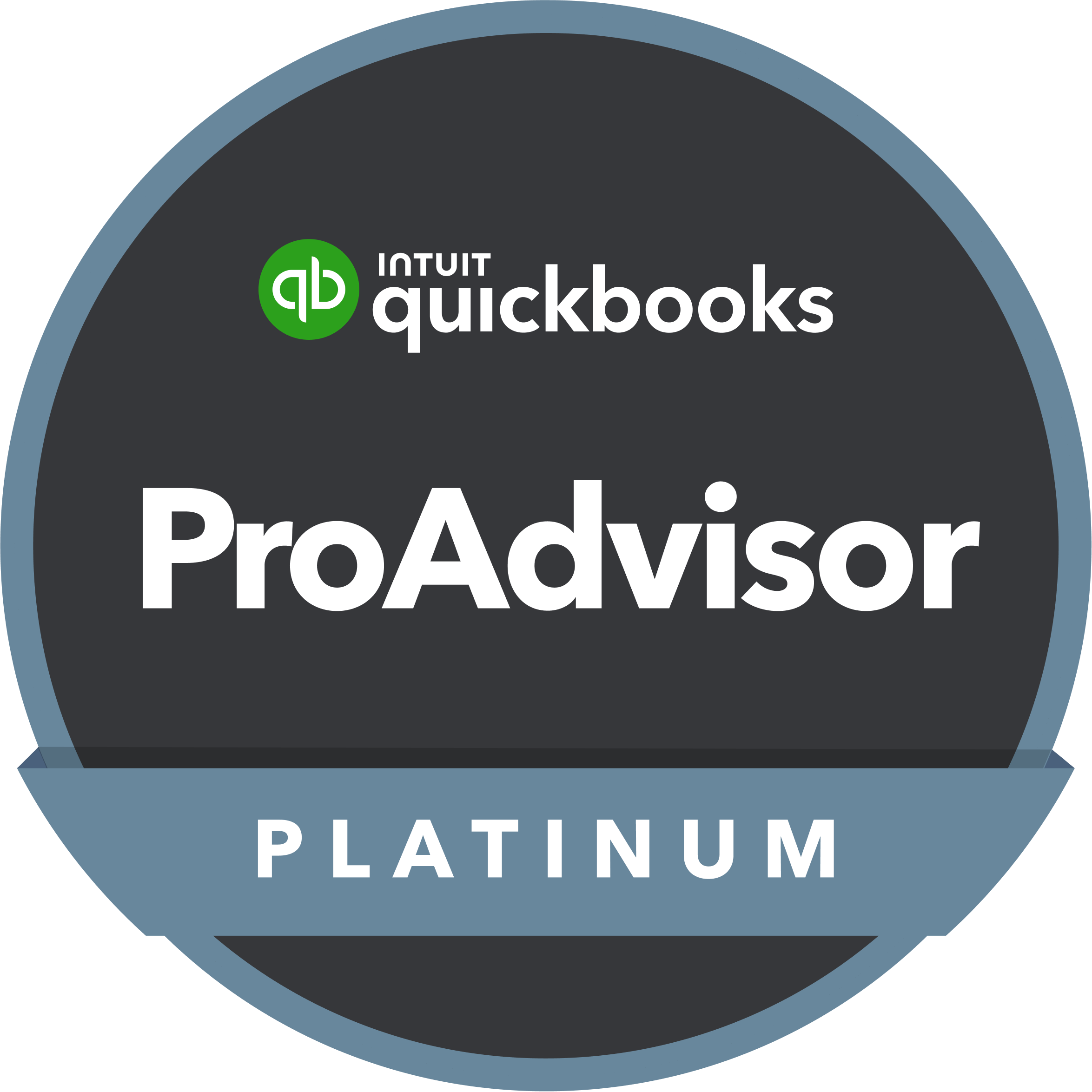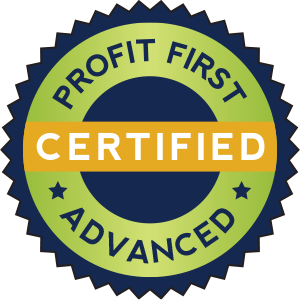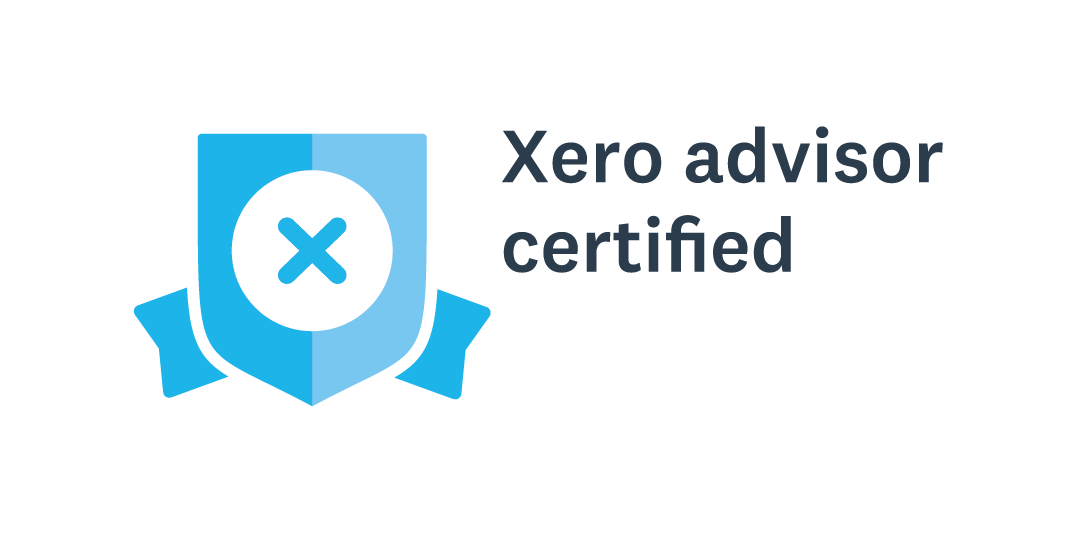This is such a common question… What expenses should I include in my accounts? Now, I think when people say this, what they’re really trying to get an understanding of which expenses are tax deductible and which aren’t?
In my opinion, the answer to this questions depends on what you’re using your accounts for. Let’s explore…
The importance of tracking expenses
If there is an expense connected with the running of your business, it should be included, no matter what.
If there is money coming out of your business in any form and if you're using your accounts to try and get a better grip of how your business is performing, or how to manage it, you're going to want to track any way money is being used in your business.
As you do this, consider whether each expense is a good investment for your business and your clients. Is there a cheaper or more efficient way of doing things? There's a lot to consider, but you can't really make these considerations if you’re not keeping track of expenditure in the first place.
But bear in mind, this might not be the same as what HMRC will take into account when calculating your tax bill.
HMRC Guidelines, not rules
HMRC provide guidelines as to what is and isn’t allowed when it comes to submitting expenses. It's important to know these when you're doing your tax return (or you have someone do it for you).
However, as they are guidelines, rather than rules, there can often be some grey areas. This can mean that sometimes it’s a judgement call whether or not something is allowable for tax.
So how can you negotiate the grey areas?
To illustrate, I'll give you a little example
You happen to live around the corner from a really nice cafe, and you find this place is a great place to sit down, get a bit of quiet, and get some really good work done.
Now, you could argue that going to work there is a sensible business decision. However, as it's around the corner, and you go buy your coffee and doughnut, you can't claim that as a taxable expense, because it's not travel and subsistence because it's 'round the corner.
And your receipt is only for the coffee and doughnut. If you had a receipt that said it was for renting a table, and they just happen to provide coffee and doughnuts, that's a different matter.
Likewise, you might decide it's a nice place to meet clients. This would be business entertaining, so you can't claim that, either. But that doesn't mean it's not a good idea to do it, for a business reason!
You should keep track of this, because what happens if you end up buying a gallon of coffee a day? It adds up… but this doesn’t mean there's anything wrong with doing this, because you might find you’re more productive there and it's certainly cheaper than renting an office.
But then… maybe it's not? Keeping track of these costs, might make you realise that co-working or sharing an office with someone else might be a better option for you.
Include everything, then make adjustments
Whilst it may seem all grey areas and blurred lines, the best way to decide what expenses to include in your accounts, is to include everything that has to do with your business. Then, when it comes to submitting your tax return, you can make adjustments at that point.
It's actually quite common for businesses to have a different accounting profit and taxable profit, because there will be certain items that fall outside the rules. And there might be some things that actually fall in the rules which are not thought about too!
Does this clear things up for you? Let me know in comments!




